DJI Faces December Ban Deadline as Political Pressure Spawns Proxy Company Network
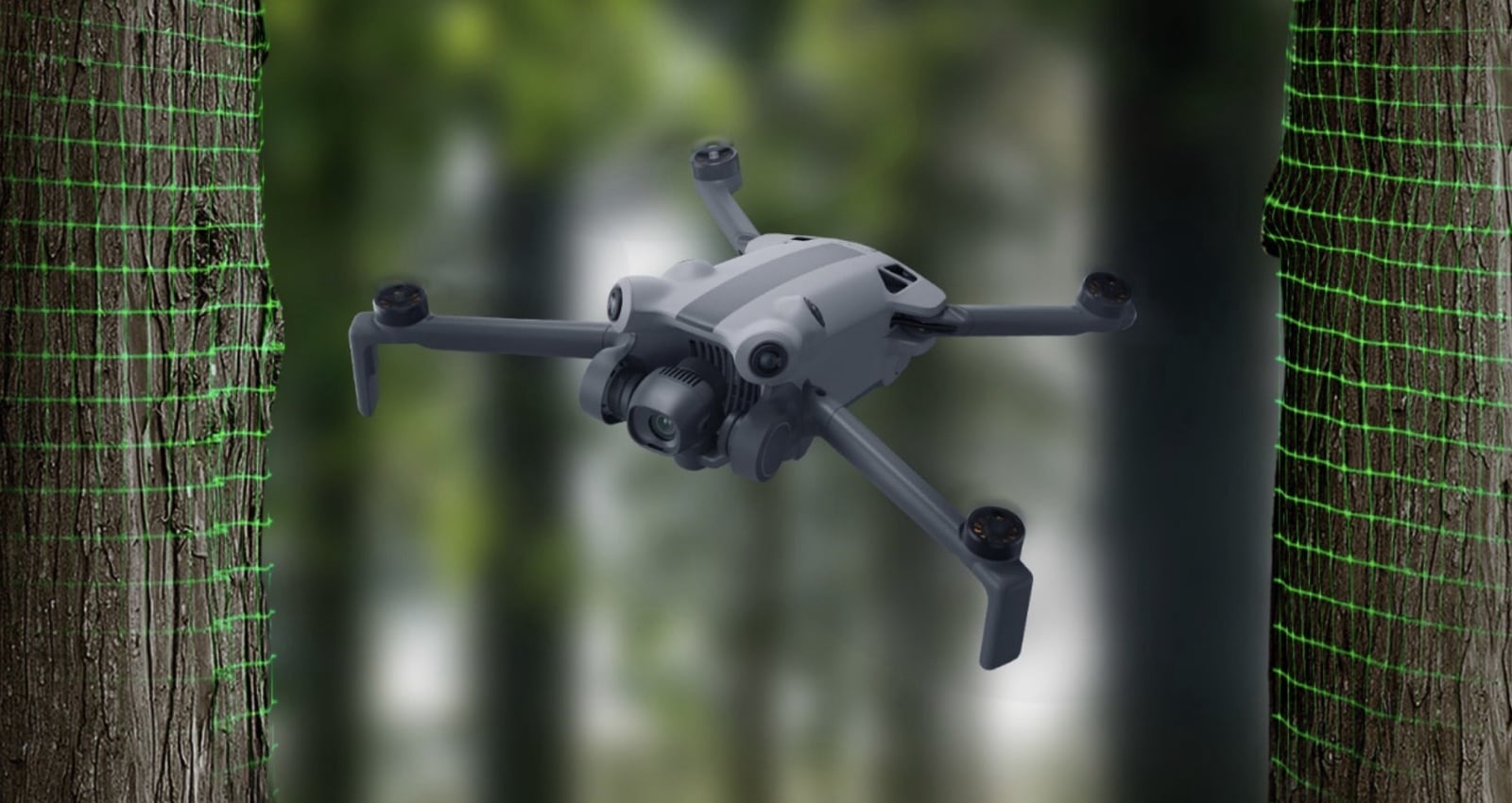
Check out the Best Deals on Amazon for DJI Drones today!
A security audit mandated by Rep. Elise Stefanik could ban new DJI and Autel drone purchases within 30 days if the companies are deemed an “unacceptable risk” to national security by late December. But the looming deadline raises uncomfortable questions about whether this is genuine security policy or protectionist theater designed to prop up a struggling American drone industry that can’t compete on price or performance.
The political pressure has become so intense that a network of companies with suspected ties to DJI has emerged across the country—appearing to use proprietary DJI technology while avoiding direct association with the Chinese manufacturer. The shell company phenomenon reveals just how far the anti-Chinese drone campaign has pushed market dynamics.
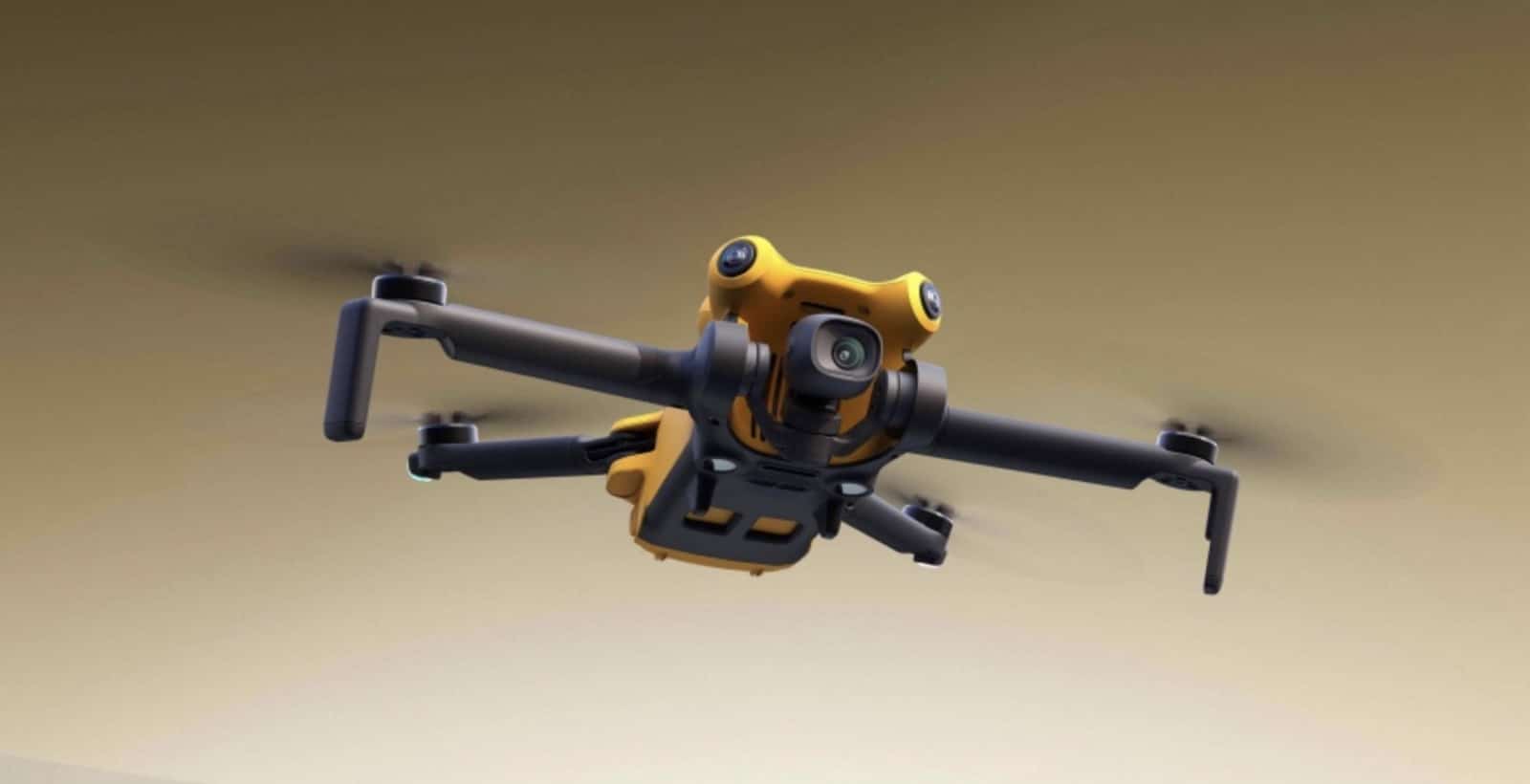
The Case Against DJI: Security Theater or Legitimate Concern?
The national security argument against DJI has been remarkably consistent—and remarkably vague. Chinese laws theoretically require companies to support state intelligence work, but after nearly two decades of DJI dominating the U.S. market, lawmakers have yet to produce concrete evidence of data compromise or espionage using consumer drones.
DJI has systematically addressed every security concern raised. Since June 2024, American users can’t sync data to DJI servers. The company’s drones can operate completely offline using undetectable code and erase data on command. A 2023 study by FTI Consulting found that DJI drones in local data mode didn’t transmit any information whatsoever.
Yet the drumbeat for a ban continues, even as DJI controls over 90 percent of the consumer market and reportedly 88 percent of drones used by New York state and local agencies are manufactured by DJI or Autel Robotics. The timing is conspicuous: American drone manufacturers can’t compete, so lawmakers are attempting to eliminate the competition through legislation rather than innovation.
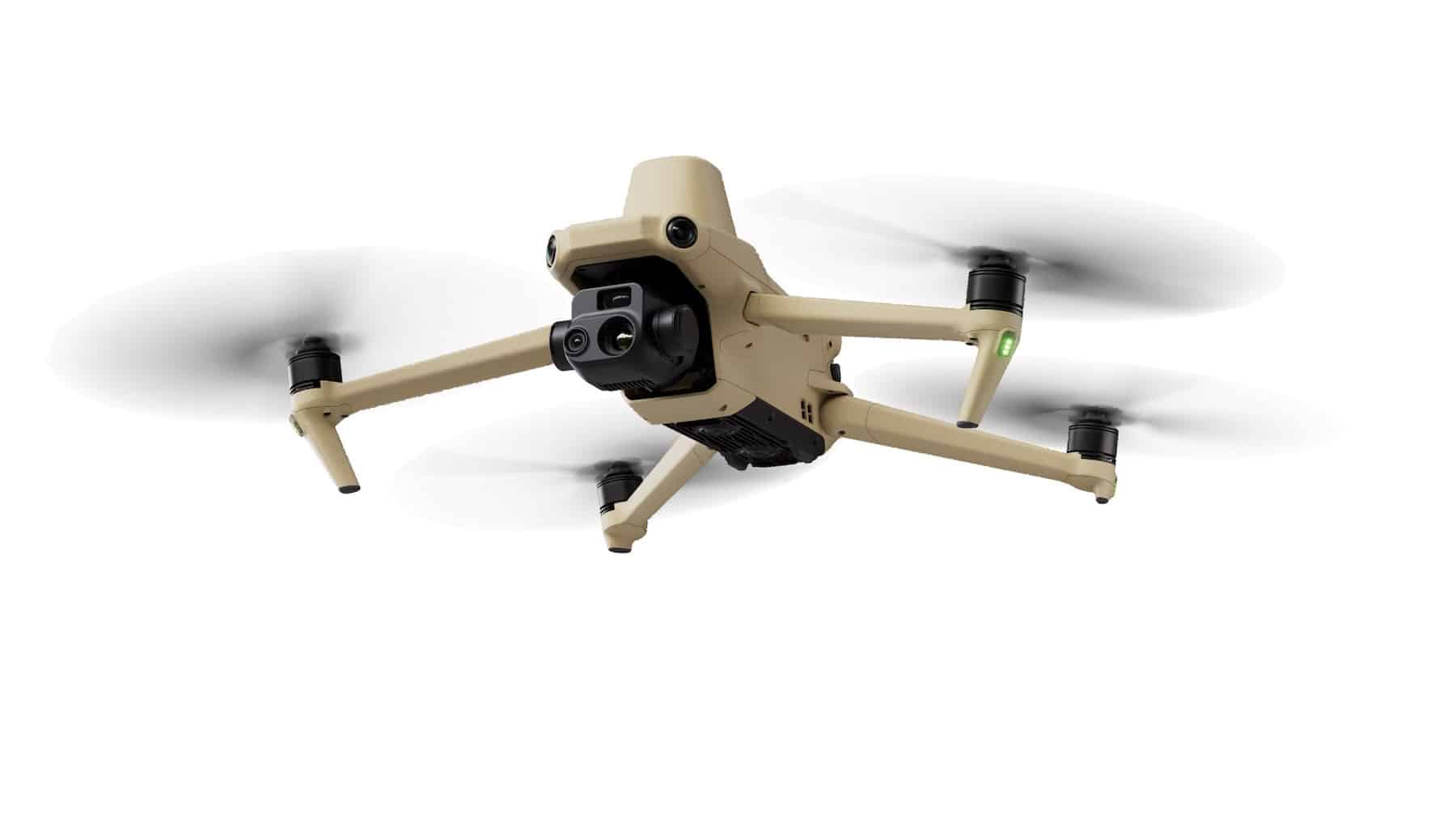
The Proxy Company Strategy: DJI’s Market Adaptation
The intensity of political pressure against DJI has spawned an ecosystem of companies bringing DJI-based technology to American markets through various arrangements—from transparent licensing deals to suspected shell operations designed to circumvent restrictions.
Security researcher Konrad Iturbe has documented this network through sophisticated frequency analysis. His automated monitoring system identifies drones using DJI’s proprietary OcuSync communication protocols—technical fingerprints that can’t be replicated by competitors.
“I built a small bot that finds these shells,” Iturbe explained. “Every day, the bot goes to the FCC and it searches through the listings for the DJI OcuSync, specific frequencies.”
The discovered companies fall into distinct categories:
Anzu Robotics represents the transparent end of the spectrum. This Austin-based American company, owned and operated by U.S. citizens, openly licenses DJI Mavic 3 technology and runs U.S.-made software from Aloft.
Fikaxo Technology Inc. represents the suspected shell company category. Discovered through Iturbe’s frequency monitoring in September 2025, Fikaxo’s website contains spelling mistakes, references to competitor Autel Robotics in the footer, and uses a Gmail address for business contact. The company lists a San Diego address that appears to be a virtual office, and its E1 drone is a suspected rebranded DJI Mavic 3 Enterprise in beige. The company claims to be “a U.S.-based technology company founded by a team of drone and communications experts”—language nearly identical to other suspected shell operations.
Editor’s Note: Fikaxo has since the publishing of our article the Fikaxo E1 photos removed from their website.
Jovistar Inc. emerged just one day after the Fikaxo discovery. FCC filings reveal specifications closely matching the DJI Mini 5 Pro, including LiDAR capability and battery specs (11.55V, 3084mAh) that closely match DJI’s newest consumer drone. Since DJI cannot officially launch the Mini 5 Pro in America due to customs restrictions under the Uyghur Forced Labor Prevention Act, a Jovistar-branded version would fill this market gap while technically avoiding direct DJI imports.
Cogito Tech, SkyRover, and others round out the network. Cogito sells the Specta Air (identical to DJI Air 3) and Specta Mini (DJI Mini 2 clone) through Hong Kong corporate structures. Internal code analysis reveals “DJI” listed as manufacturer while displaying “SPECTA” as vendor brand. Additional companies following similar patterns include Skyhigh Tech, Talos, Wavego, Skyany, Knowact, and Xtra—each maintaining minimal corporate transparency while distributing exclusively through Amazon.
This proliferation of DJI-technology companies demonstrates both the intensity of political pressure and the degree to which the American market depends on Chinese drone innovation. If domestic alternatives were competitive, these workarounds wouldn’t be necessary.
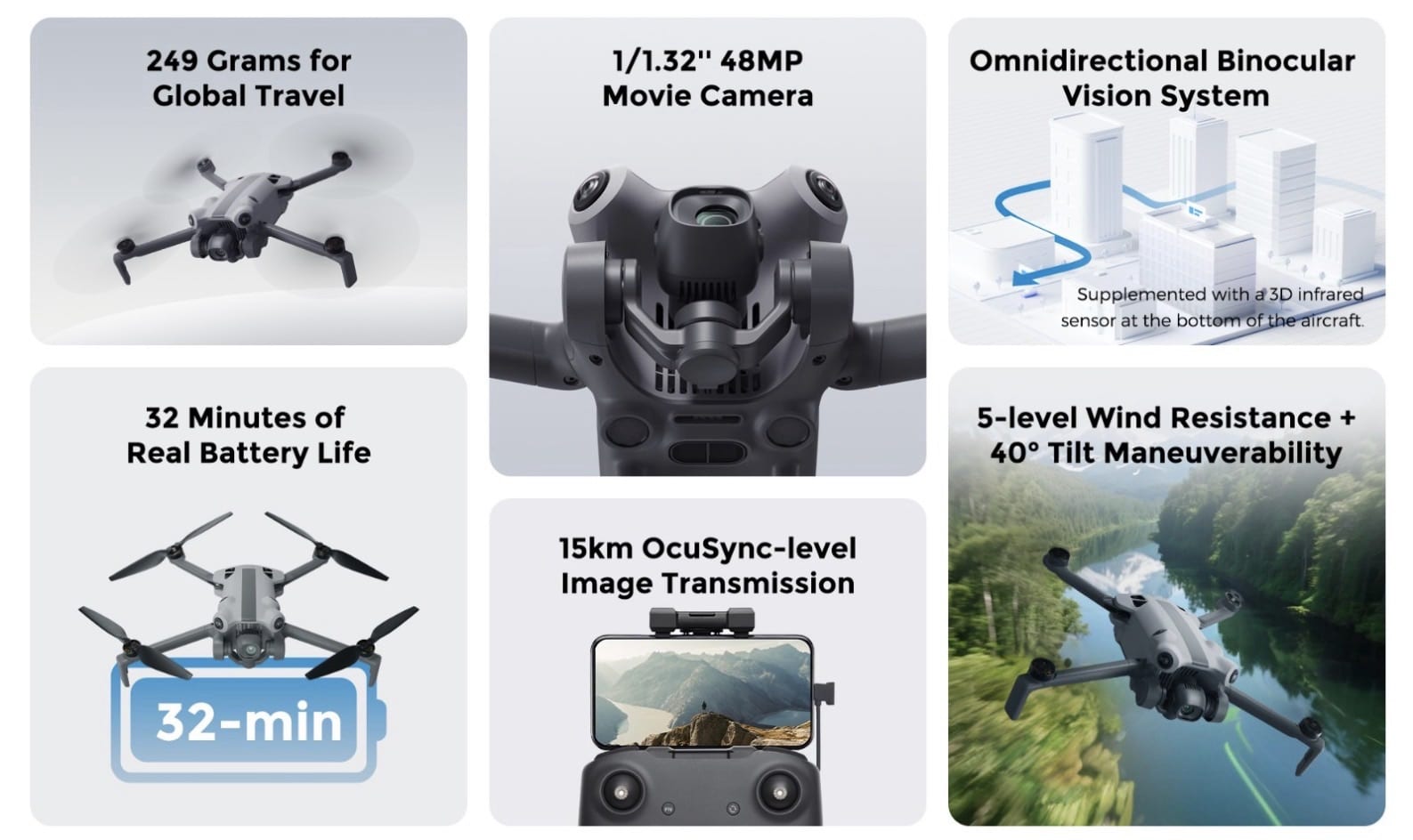
The American Alternative Reality Check
Here’s what the push for American-made drones actually looks like on the ground: Sheriff Craig Apple explored domestic alternatives and found they don’t perform as well despite costing nearly three times more, according to a Times Union report.
The Schenectady Police Department bought BRINC drones—produced in Seattle—specifically because they needed “more durable and advanced” equipment, but the price premium was substantial.
The supply chain challenges facing American manufacturers aren’t accidental—they’re the result of China’s decades-long dominance in drone technology and manufacturing. David Benowitz of BRINC acknowledged that drone motors were only built in China until recently, forcing U.S. companies to spend significant time and money developing alternatives.
This isn’t a level playing field. It’s a legislative attempt to handicap the market leader until domestic producers catch up—assuming they ever can.
Political Pressure Builds Nationwide
The federal push against DJI isn’t happening in isolation. Across the country, state and local governments are joining the anti-Chinese drone movement, often with little scrutiny of the underlying claims.
New York’s state Legislature passed a bill unanimously barring state agencies from purchasing any equipment prohibited for federal use. The measure, awaiting Governor Kathy Hochul’s signature, would prevent DJI purchases by local governments unless they receive exceptions. State Sen. Jeremy Cooney called DJI “bad actors from foreign governments” who “should not continue to have relationships with New York state.”
The New York Power Authority is “phasing out” Chinese drones for Skydio products, which spokesman Alex Chiaravalle claims are easier to pilot with better 3-D modeling capabilities. Yet Skydio abandoned the consumer market entirely in 2023, choosing instead to focus on lucrative government contracts where Chinese competition has been systematically eliminated.

In 2021, the Treasury Department added DJI to the Chinese Military-Industrial Complex list for alleged involvement in biometric surveillance of Uyghurs. DJI has consistently denied these allegations, calling them “entirely unfounded and categorically false” in a company blog post earlier this year. U.S. Customs has blocked some DJI drones under the Uyghur Forced Labor Prevention Act, though the specific evidence supporting these actions remains murky.
The Real Cost of Protectionism
Tim Rigdon, founder of CropCare, an agricultural drone spraying company in western New York, is reportedly considering closing entirely if Chinese drones are banned. Agricultural drones map farmers’ land and spray fields without heavy industrial equipment. The alternatives? Prohibitively expensive.
“The only way to get American companies to get better, because we’re so far behind, is to fly American drones, but it’s a huge upfront cost,” Rigdon said to the Times Union. “It’s going to set us back before it pushes us forward.”
Sheriff Apple was even more direct: “It would be devastating and essentially eliminate the Albany County sheriff’s drone unit.” When exploring American alternatives, he found inferior performance at triple the price. “You can’t beat a DJI drone,” he concluded—a sentiment shared by law enforcement, farmers, construction companies, and videographers nationwide.
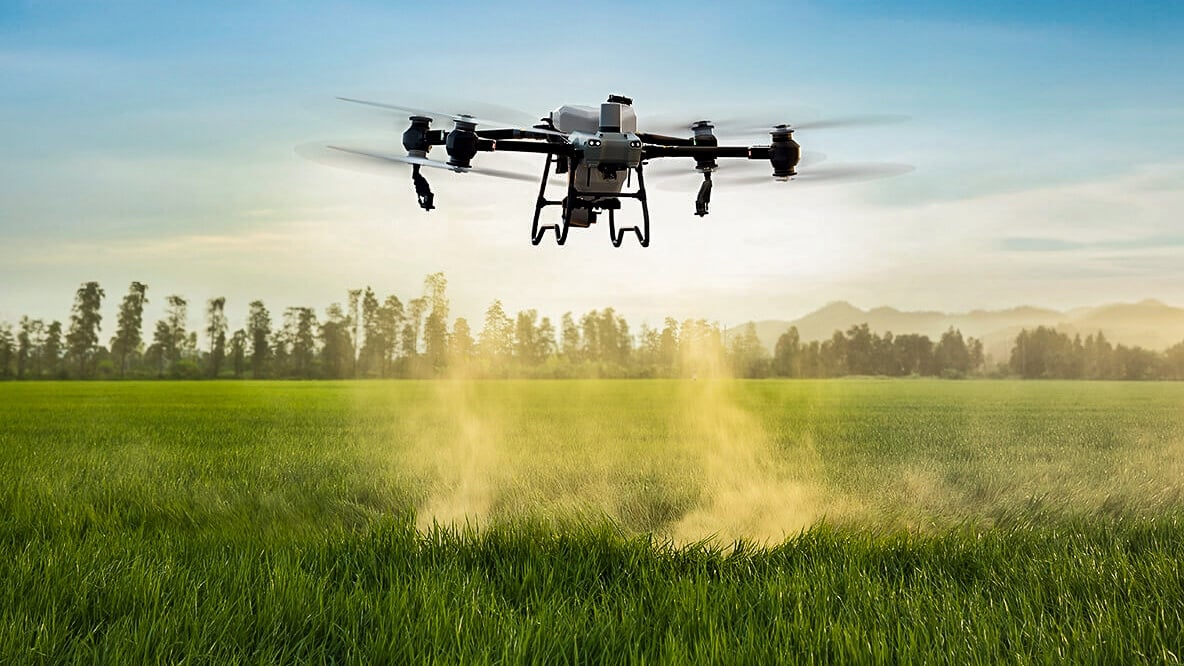
Last year, New York State Police spent $150,000 on new DJI drones despite already owning about 100 units. The agency “continuously scrutinizes” its fleet for compliance with security requirements, according to spokesman Beau Duffy, though he declined to elaborate on specific concerns when asked about national security impacts.
The CHIPS Act Comparison: Legitimate Investment or False Equivalency?
Supporters of restrictions compare the drone situation to semiconductors, pointing to the $280 billion CHIPS and Science Act approved by Congress in 2022. That legislation included billions for Micron to build chip fabrication plants in upstate New York, projected to create 9,000 jobs. Georgia Tech professor Annie Anton, who specializes in cybersecurity, supports similar legislation for drones.
“Banning Chinese drones would eliminate competition with that nation but new incentives for American suppliers will help advance the U.S. drone industry,” Benowitz reportedly argued.
But the comparison ignores critical differences. Semiconductor manufacturing involves cutting-edge technology where the U.S. maintains competitive advantages and national security implications are demonstrable. Drone manufacturing is a mature market where China has built systematic advantages through supply chain integration, manufacturing expertise, and iterative product development—advantages that can’t be legislated away.
Skydio secured a $74 million contract with the State Department for counter-narcotics operations, and Defense Secretary Pete Hegseth issued an order in July calling for combat units to use “low-cost drones made by America’s world-leading engineers and AI experts,” promising hundreds of American drones for military use. These government contracts create artificial demand that wouldn’t exist in an open market—corporate welfare disguised as national security.
DroneXL’s Take
The shell company phenomenon isn’t evidence of DJI’s malicious intent—it’s evidence of how intense political pressure has distorted normal market dynamics. When legitimate companies like Anzu Robotics must charge premiums to license existing technology, and suspected shell operations proliferate to meet persistent market demand, something has gone fundamentally wrong with policy.
Let’s be clear: This isn’t primarily about national security. If it were, lawmakers would have produced concrete evidence of DJI drones compromising U.S. interests after nearly two decades of market dominance. Instead, we get vague references to Chinese laws and theoretical vulnerabilities that DJI has systematically addressed through offline operation, local data storage, and independently verified security measures.
The proxy company network reveals an uncomfortable truth: American operators need Chinese drone technology because domestic alternatives can’t compete on performance or price. Sheriff Apple’s blunt assessment—“you can’t beat a DJI drone”—isn’t a political statement. It’s market reality. When agricultural operator Tim Rigdon says switching to American drones would force him to close, he’s explaining that alternatives don’t just cost more, they fundamentally can’t do the job at a viable price point.
The December deadline creates artificial urgency for a problem that hasn’t been convincingly demonstrated. If Chinese drones pose such an imminent threat, why did it take Congress until 2024 to mandate a security audit? Why are 88 percent of New York’s government drones still DJI models if the risk is so severe?
This audit (if it ever happens) may very well result in a DJI ban. But don’t mistake it for security policy. It’s industrial policy designed to give American companies time to catch up to where DJI is today—assuming they ever can. The real question is whether we’re willing to sacrifice operational capability, public safety, and small business viability while domestic manufacturers attempt to close a technology gap that’s been widening for two decades.
The proliferation of companies bringing DJI technology to market through various arrangements—from transparent licensing to suspected circumvention—will likely continue regardless of December’s outcome. Market demand doesn’t disappear because Congress writes legislation. It just finds new channels.
Are you preparing for a potential DJI ban, or do you think the security concerns are overblown? What’s your experience with American drone alternatives? Share your perspective in the comments below.
Discover more from DroneXL.co
Subscribe to get the latest posts sent to your email.
Check out our Classic Line of T-Shirts, Polos, Hoodies and more in our new store today!

MAKE YOUR VOICE HEARD
Proposed legislation threatens your ability to use drones for fun, work, and safety. The Drone Advocacy Alliance is fighting to ensure your voice is heard in these critical policy discussions.Join us and tell your elected officials to protect your right to fly.
Get your Part 107 Certificate
Pass the Part 107 test and take to the skies with the Pilot Institute. We have helped thousands of people become airplane and commercial drone pilots. Our courses are designed by industry experts to help you pass FAA tests and achieve your dreams.

Copyright © DroneXL.co 2026. All rights reserved. The content, images, and intellectual property on this website are protected by copyright law. Reproduction or distribution of any material without prior written permission from DroneXL.co is strictly prohibited. For permissions and inquiries, please contact us first. DroneXL.co is a proud partner of the Drone Advocacy Alliance. Be sure to check out DroneXL's sister site, EVXL.co, for all the latest news on electric vehicles.
FTC: DroneXL.co is an Amazon Associate and uses affiliate links that can generate income from qualifying purchases. We do not sell, share, rent out, or spam your email.





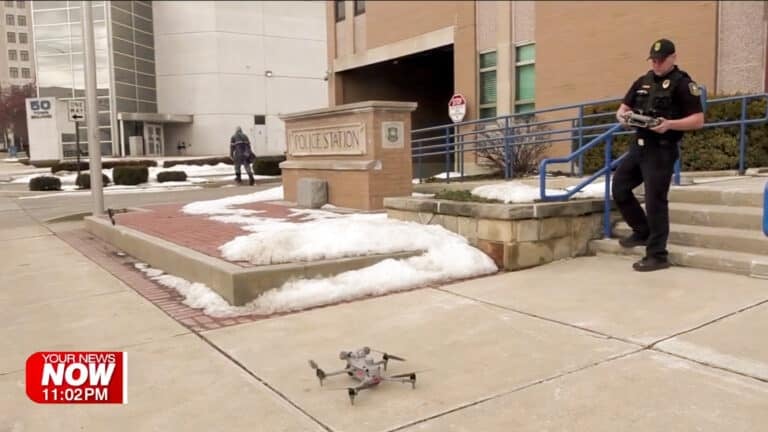
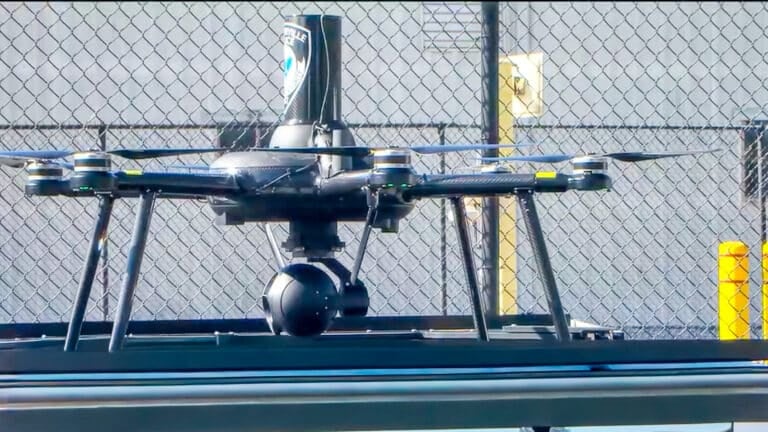



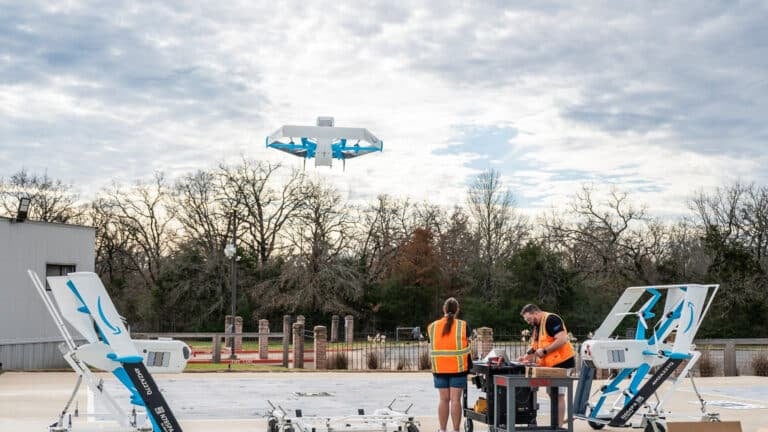


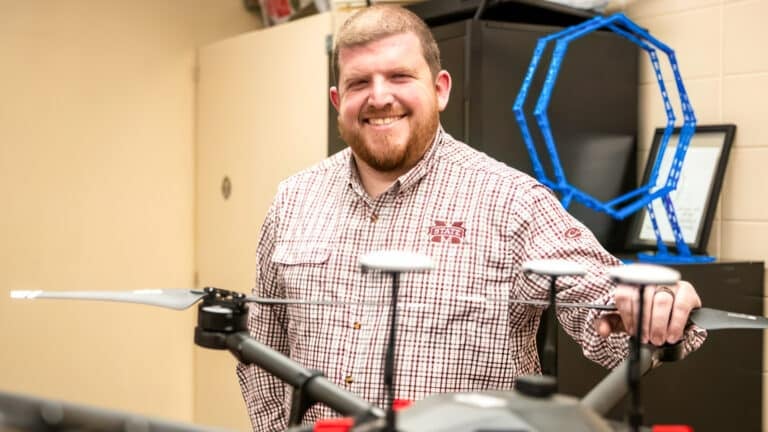
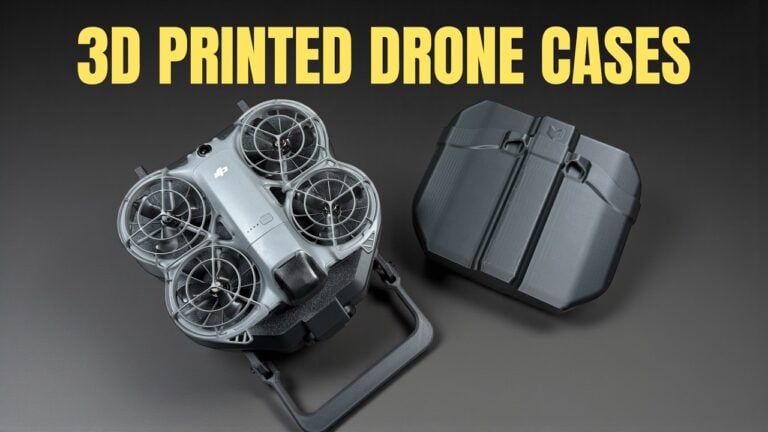
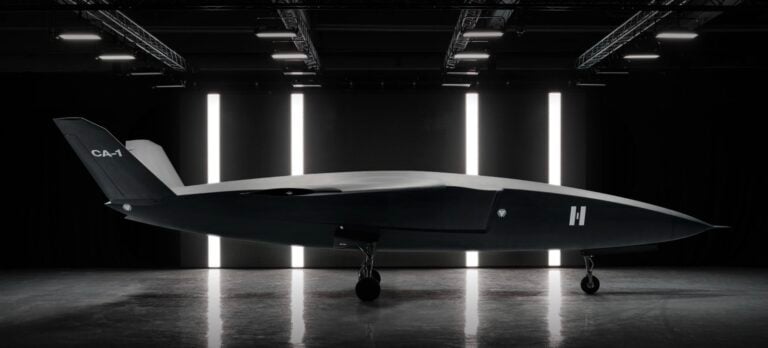

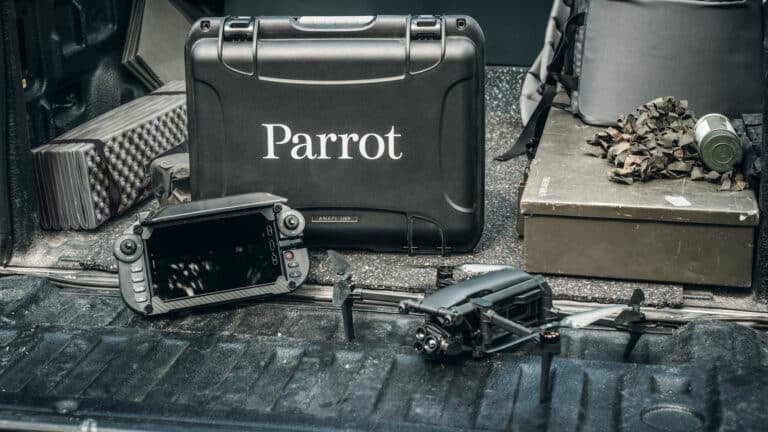

Why aren’t people talking about American drone manufacturers EULA agreements? The US drone manufacturers have a worse EULA than DJI’s…..
My friends Skydio drone can’t come close to my DJI drone. It’s a piece of shit if you ask me. Plus he paid twice as much as me. It’s sad to see how low my country has stooped. I just hope they don’t ban Toyota.
My company got ripped off by Skydio. Bought four 2+ supposably an enterprise drone. Lol. These drones are garbage and an insurance liability. I loose connection 300 feet away. They stick a Samsung phone in these controller and have a fan it it. Lol. Skydio should leave the drone market. CEO is also a joke.
If it was really a national security issue, there would be no phase-out for DJI drones. They would be denied the use of the electro magnetic spectrum in the U.S. and be grounded and all sales would be stopped.
If DJI app was available from the Google Store, DJI’s credibility would be greatly enhanced. As it is, a user is allowing a potential Trojan Horse onto their phone. Have they used that exploit yet, no – but the ability to access millions of Americans financial and personal information exists.
Exactly. I have a Mini5Pro and Mav4Pro. Long term, DJI is done in America as drone tech becomes central to the economy.
The concern is legitimate. Drones are used everywhere and are central to the emerging economy. It cannot rest in the hands of a HOSTILE FOREIGN POWER which openly brags it will remove the United States from the shipping lanes and threaten its critical infrastructure.
The only children in the house are the end users convinced America is “jealous” of China when America, France, Germany and Sweden BUILT China from the ground up. Earth to Mini 5 Pro user…DJI is a German company. They assemble and test in China.
What needs to be asked is what the old Commie Bernie Sanders asked the Pentagon….”If China is the enemy, why have American companies packed up and moved to China?”
That’s a question for the old Commie in a suit Heinz Kissinger and his personal friend George Soros and Lord Jacob Rothschild.
Yeah not sure what you’re smoking but DJI is def not German…
DJI is a German company… LOL. where did you get that info?